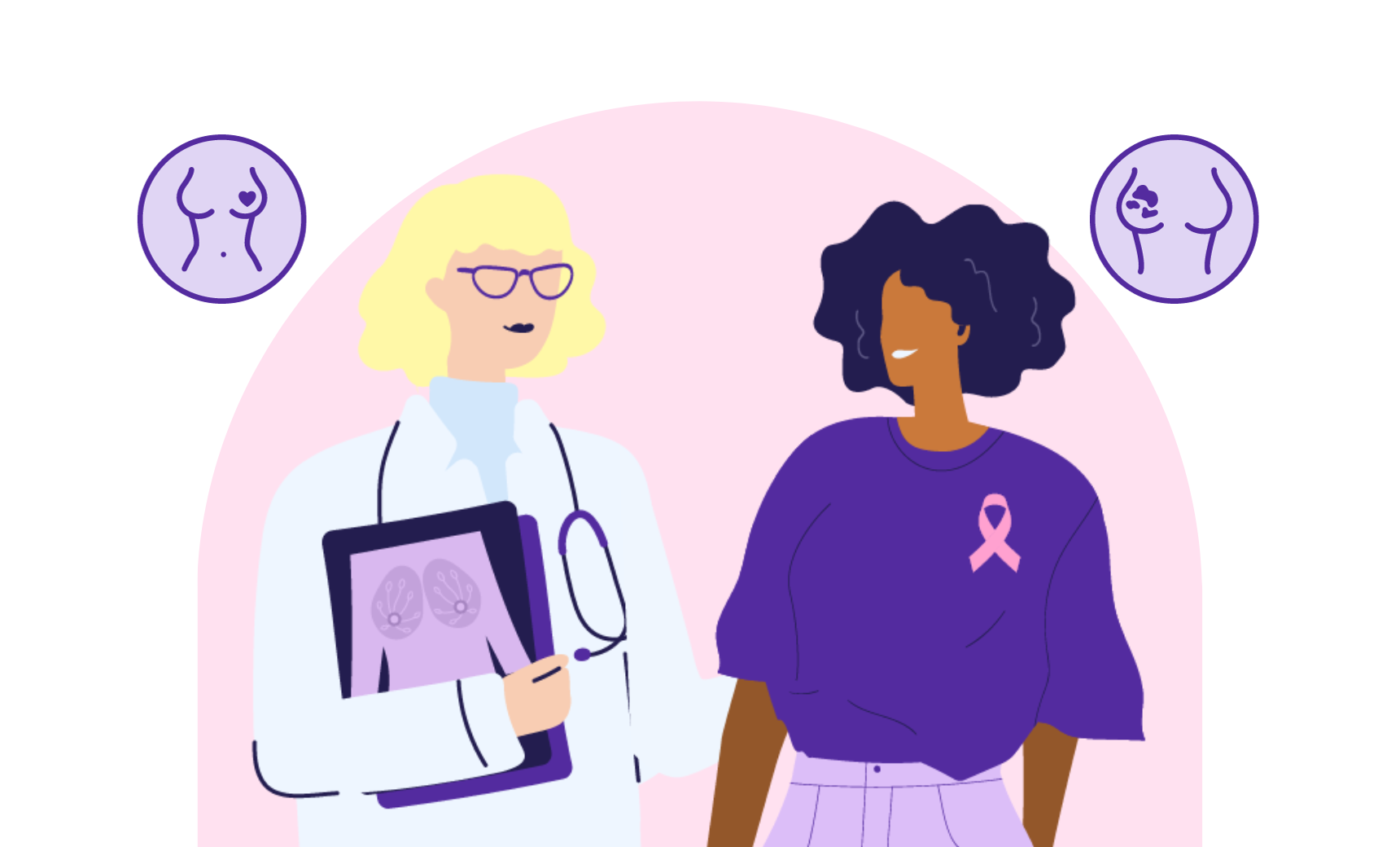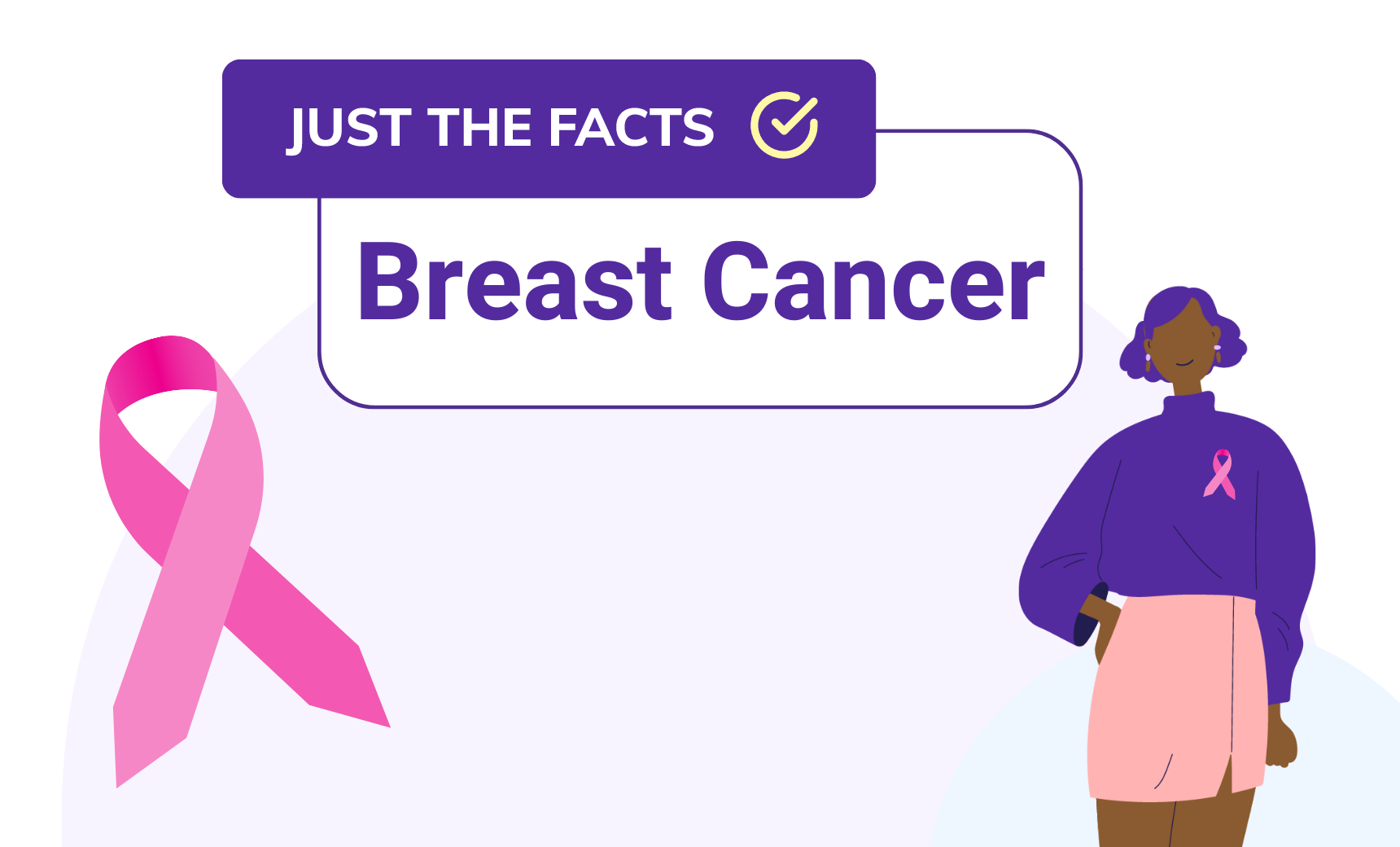
Do I have a Food Allergy? What Should I Do?
If you regularly experience some of these symptoms when eating certain foods, you should consider getting a food allergy test.
When a person consumes certain foods, they may experience a variety of indications and symptoms, which may lead them to suspect that they have a food allergy. Some signs are shown below:
- Immediate Reactions: Getting signs right after eating a certain food, like hives, itching, swelling, breathing problems, or anaphylactic shock (a serious, life-threatening allergic response).
- Digestive Problems: If you constantly have stomach pain, diarrhea, bloating, or an upset stomach after eating certain foods.
- Skin Reactions: If you get rashes, acne, or swelling on your skin after eating something,
- Respiratory issues: wheezing, coughing, or having shortness of breath after eating certain foods.
- Oral reactions: feeling tingly or itchy in the mouth or throat after eating certain foods.
- Delayed Reactions: For some food allergies, signs like headaches, joint pain, tiredness, or trouble focusing may not show up until hours or even days after eating the offending food.
If you regularly experience any of these symptoms after eating certain foods, you might want to consider allergy testing to find the exact allergen that is causing your symptoms.
The oral food challenge is the best way to test for food allergies. It is a medically controlled, step-by-step process of presenting a food allergen to a patient in order to confirm or deny a food allergy.
An Immunoglobulin (IgE) blood test may also be used. This test checks for allergy-specific IgE antibodies in your blood after you’ve been exposed to a food allergen. When the immune system sees food allergens as attackers, it makes antibodies to fight them. The IgE blood test can check for either common food allergies or reactions to different types of allergens.
The Blood Test for IgE: How Does It Work?
To conduct an IgE blood test, a vein in the patient’s arm is selected, and blood is drawn into a vial. A laboratory will analyze the blood sample to determine the reaction to various food allergies. Just because you have a high antibody level after being exposed to an allergen does not mean that your response to the allergen will be severe (such as anaphylaxis).
Interpretation of the Results
A person without medical knowledge may find the findings of a food allergy test to be perplexing. The availability of food allergy testing has led to an increase in the number of people who must rely on their own judgment when interpreting the findings.
Here’s what the scoring system is like and what it means:
- Values under 0.35 mean unlikely sensitization to the allergen.
- Values between 0.35-0.69 mean doubtful significance.
- Values between 0.70-3.49 mean there is a possibility.
- Values between 3.50-17.49 mean a greater possibility.
- Values between 17.50-49.99 mean very likely.
- Values between 50.00-100.00 mean very high likelihood.
- Values over 100.00 mean extremely likely.
The higher the number, the more likely it is that the food allergen is causing the allergy symptoms.
Do I need to see an allergy specialist?
Making a self-diagnosis of food allergies and interpreting the findings could be difficult. It is possible for food allergy testing to provide both positive and negative results. Because of this, if you have symptoms related to allergies, it is imperative that you see a board-certified allergist.
An allergist will be well-versed in all of the variations, have the training to correctly interpret the findings, and be able to explain their significance to you. When diagnosing a food allergy, testing is crucial. LabFinder can help you get the testing you need; just visit our testing pages to find out how.





LabFinder Editorial Team
The LabFinder Editorial Team is behind The Illuminator and The Insider, LabFinder’s consumer and business blogs.
Dr.Robert Segal
Dr. Segal is CEO and co-founder of LabFinder, as well as a board-certified cardiologist. He began practicing medicine in 2002 and has founded several businesses, including Medical Offices of Manhattan and Manhattan Cardiology.